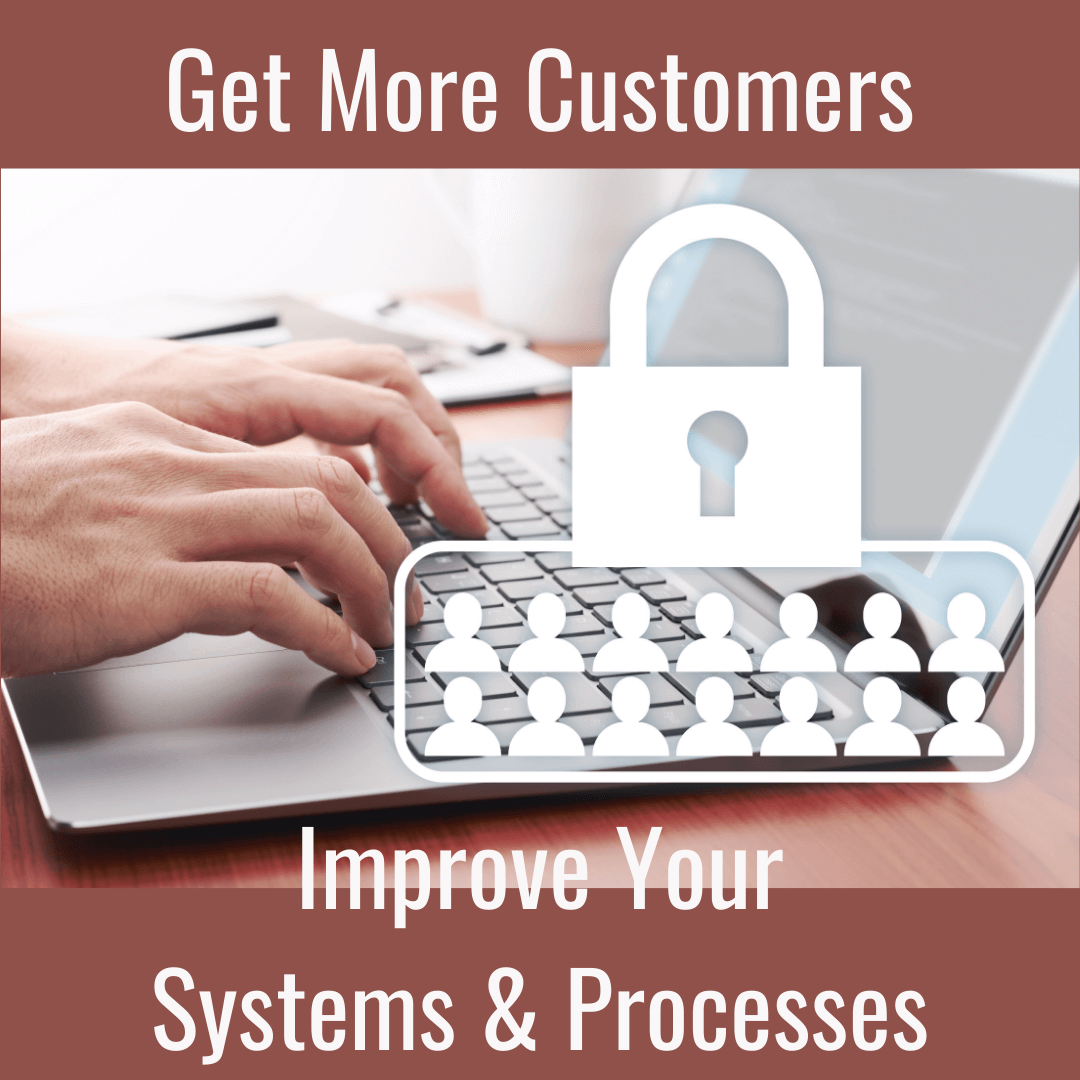Starting or Buying a Business

Starting or buying a business necessitates research, risk, passion, courage and planning. To succeed, you need to make the right opening
moves and that includes getting the right advice. Over the years Mal Wells and the team at Hyde Cooper Wells have mentored hundreds of
clients through the start-up phase of their business and we have earned a reputation as a business start-up specialists. Along the way we
have also developed a number of practical tools, checklists and templates designed to fast track you through the start up process.
In the past few years, courtesy of the GFC, technology and the internet, the business landscape in this country has changed dramatically.
Websites are the 21st century business card and depending on your target market, social media could be your most important marketing
channel. The reality is, enthusiasm, money, hard work, talent or a great idea is not enough to guarantee success in business.
 Click Here to Download PDF |
According to 2011 Doing Business report by the World Bank, Australia is the
second easiest place in the world to start a business with entrepreneurs needing only two days to get a business registered and operational.
However, statistics from the Australian Securities and Investments Commission (ASIC) indicate that 9,829 companies entered external
administration in the 2011 financial year, an increase of 5.9% from the previous year. Clearly, the old saying, ‘people don’t
plan to fail, they just fail to plan’ still applies and and it remains both valuable advice and a warning for people intending to
start a business.
If you are starting or buying a business the evaluation and establishment phases can be periods of great anxiety due to a combination of
excitement, uncertainty and financial risk. Clearly the risks are real and the Australian Bureau of Statistics suggest that 42% of new
businesses won’t be around in 3 years time. If you think buying a franchise reduces the risks consider the results of a franchise
study in 2008 that revealed:
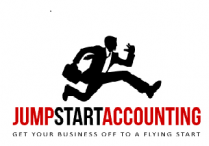
· Only 81% of franchisees are profitable
· 58% of franchisees generate a profit of less than $50,000 per annum
· 3% of franchisees generate a loss of more than $50,000
While the small business journey can be challenging, it can also be very rewarding. Our role is to support and guide you through the start
up maze and unfortunately many people starting or buying a business fail because they don't seek or receive the right professional advice.
Having assisted so many clients in your shoes you can benefit from our knowledge and experience. We believe business owners want a lot
more than just basic accounting and tax services from their accountant. You'll find we do more than just keep the score and our marketing, website,
branding and social media services are designed to get your business off to a flying start.

Michael Gerber pointed out in his best selling book ‘The E Myth’ that, “Most people work IN their business. The secret is NOT to work IN it, it’s to work ON it so that you don’t have to work IN it.” While you’ve probably heard it all before the fact is, most business owners struggle to find the time to work on their business because they’re caught up in the day to day operations including the bookkeeping. Our mission is to reduce the time, cost and frustration associated with bookkeeping so together we can spend more time working on your marketing and your business.
As you'll see below, we can assist you with your marketing including your branding, website, digital publishing, social media and video production. We have the knowledge, tools, resources and experience to get your business off to a flying start.
THE FOUNDATIONS OF A SUCCESSFUL BUSINESS
Starting a business is a bit like building a house. You need solid foundations including the right business structure, accounting software, adequate and appropriate insurances, a brand that resonates with your target market, a marketing plan, lead generation website and a social media presence.
It'
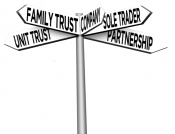 s a process but let's look at some of these foundation stones starting with your choice of business
structure.
There are a number of different options including sole trader, partnership, company and trust. Asset protection is a key consideration when
selecting a business structure plus you also need to take into account your family situation, forecast level of profit and your future plans
regarding admission of new business partners.
s a process but let's look at some of these foundation stones starting with your choice of business
structure.
There are a number of different options including sole trader, partnership, company and trust. Asset protection is a key consideration when
selecting a business structure plus you also need to take into account your family situation, forecast level of profit and your future plans
regarding admission of new business partners.
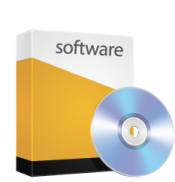 Accounting software is another brick in the wall of your business foundations. Again, the wrong choice can be catastrophic because poor
records are one of the biggest causes of business failure in this country. You need up to date, accurate financial records to make informed
business decisions which is why we insist your accounting software matches your business needs with your level of accounting skill. Using a
sophisticated double entry accounting program without a reasonable level of accounting skill can create records that resemble a
'computerised shoebox'. This leads to frustration and extra costs which conflicts with our mission of helping you reduce the cost of
compliance. Where required, we will train you or your staff to use the program.
Accounting software is another brick in the wall of your business foundations. Again, the wrong choice can be catastrophic because poor
records are one of the biggest causes of business failure in this country. You need up to date, accurate financial records to make informed
business decisions which is why we insist your accounting software matches your business needs with your level of accounting skill. Using a
sophisticated double entry accounting program without a reasonable level of accounting skill can create records that resemble a
'computerised shoebox'. This leads to frustration and extra costs which conflicts with our mission of helping you reduce the cost of
compliance. Where required, we will train you or your staff to use the program.
As you know, to build a house you also need the right tools. When 'constructing' your business we use a number of tools including our
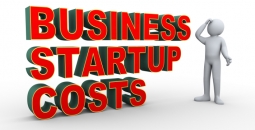 start-up expense checklist to identify all your potential establishment costs. These figures can then be transferred into a cash flow budget
template to produce a projected trading statement for your first year of operations. For many business owners, your car is arguably your
most important business tool. You can download our Motor Vehicle Tax Guide from the resources section of our website to learn more about the
alternative methods of claiming your vehicle expenses and the distinction between a business and private trip. In addition, through our
affiliate partners we can also assist with vehicle finance (chattel mortgage, CHP
or lease) and get you fleet pricing on your new car that could save you thousands of dollars. We can also help you put together your
business, marketing and financial plans using our in-house templates.
start-up expense checklist to identify all your potential establishment costs. These figures can then be transferred into a cash flow budget
template to produce a projected trading statement for your first year of operations. For many business owners, your car is arguably your
most important business tool. You can download our Motor Vehicle Tax Guide from the resources section of our website to learn more about the
alternative methods of claiming your vehicle expenses and the distinction between a business and private trip. In addition, through our
affiliate partners we can also assist with vehicle finance (chattel mortgage, CHP
or lease) and get you fleet pricing on your new car that could save you thousands of dollars. We can also help you put together your
business, marketing and financial plans using our in-house templates.
That’s really just the beginning because as accountants we can do some financial modelling and prepare some ‘what if’ scenarios to identify your best and worst case profit scenarios.
MARKETING YOUR BUSINESS
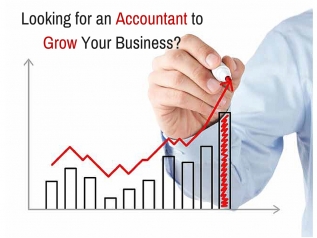
Most business owners rely on their reputation and referrals to grow their business. While these ingredients remain important, in the digital
age you also need to focus on your online presence. Increasingly local searches (e.g. ‘Bulder Perth’) are driving traffic to
your website and often your website is the first touch point with a potential new client. As you know, you only get one chance to make a
good first impression and your website and marketing can be the difference between boom and gloom in
the digital age.
One of our biggest points of difference compared to other accounting firms is our marketing expertise and over the past few years we have
worked with dozens of clients to help them create affordable, quality lead generation websites. If you need advice and direction with your
website content including video production we can help you. Not only that, if your website lacks calls to action or lead magnets we'll help
you build them plus we'll introduce you to strategies like re-marketing and search engine optimization to drive more traffic to your
website.
Here at Hyde Cooper Wells, we aim to fast track your business start up and give you a serious competitive edge in your industry. In fact, if
you aren’t using some of these marketing techniques your business probably won't reach its full profit potential. The marketing
process often begins with your branding and we have worked through the process with dozens of clients over the years and using some online
resources we can help you build a modern brand that resonates with your target market.
 Over the years we have mentored numerous clients through the start up phase of their business lives and our range of practical tools,
templates, checklists and marketing tactics are all about helping your business take off. If you're looking to launch we invite you to book
a FREE, one hour introductory consultation to discuss your business, tax, marketing and financial needs. To book a
time, contact us today on (03) 5995 3466 or complete your details in the box at the top of this page.
Over the years we have mentored numerous clients through the start up phase of their business lives and our range of practical tools,
templates, checklists and marketing tactics are all about helping your business take off. If you're looking to launch we invite you to book
a FREE, one hour introductory consultation to discuss your business, tax, marketing and financial needs. To book a
time, contact us today on (03) 5995 3466 or complete your details in the box at the top of this page.
We are passionate about your business success and to help our clients we have published a comprehensive e-book guide titled 'The New Business Starter Kit'. It provides valuable information on a number of key issues that confront a new business owner including :
- Alternative Business Structures and their Taxation and Legal Aspects
- Essential Tax and Business Registrations when Starting or Buying a Business
- Employer Obligations including Superannuation, PAYG and WorkCover
- Record Keeping Requirements and Accounting Software Options
-
Legal Issues including Wills, Contracts and Leases
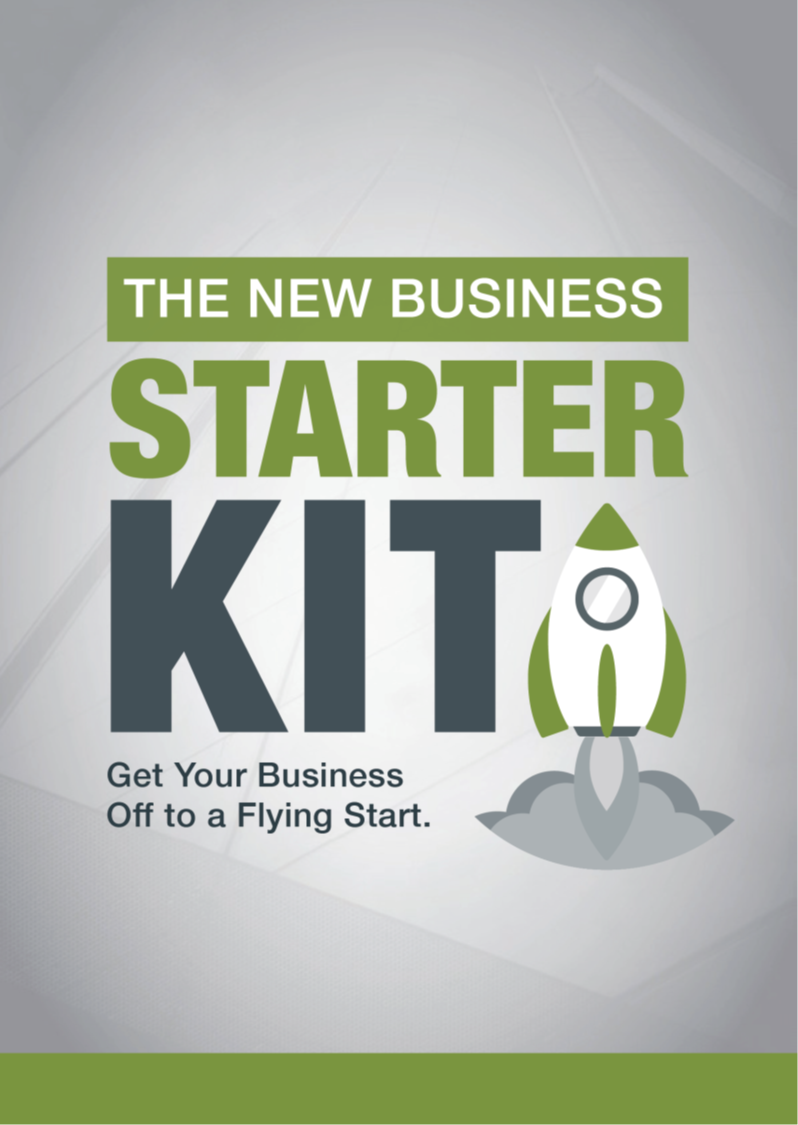
- Permits & Registrations - Council & Government
- Buying a Business or Franchise
- Preparing a Business Plan
- Key Business Insurances
- Preparing a Cash Flow Budget
- Vehicle & Equipment Finance Options
- Alternative Methods of Claiming your Motor Vehicle Expenses
This free e-booklet is available from any of our website pages in the right-hand panel (desktop view).
Additionally we provide a recording of a Free Webinar we recently conducted on Starting a Business:-
Accounting Software For Small Business
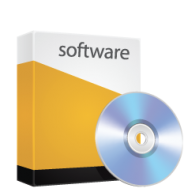
Statistics suggest the average business owner spends 109 hours a year on their tax obligations so your choice of accounting software is
critical. One of the biggest mistakes small business owners make is that they purchase accounting software beyond their business needs and
level of accounting skill. This can lead to considerable frustration and business records that amount to nothing more than a 'computerised
shoebox'.
The wrong software can also add to your accounting and bookkeeping costs while our mission is to help you reduce the cost of compliance.
With so many accounting software programs available it's easy to become confused because they range in functionality and sophistication with
a price tag to match. To assist you we provide the following basic software guidelines:
-
If you don’t understand double entry accounting (i.e. debits, credits and journal entries) then avoid sophisticated accounting software programs. If you need to use these types of programs because your business needs functions like stock control, point of sale or a full blown general ledger then consider undergoing a training course at a local TAFE.
-
Don’t buy software beyond your business needs. If you don’t need inventory or a fully integrated general ledger system don’t use a sledgehammer to crack a nut. Your software should be compatible with our general ledger system to allow easy transfer of electronic data. This can save time, money and assist with meeting the various taxation lodgement deadlines including your tax return and BAS's.
Programs like MYOB and QuickBooks are very popular in Australia but they don't suit a lot of business owners who lack formal accounting training. While we certainly support those programs (plus others) we find many people need to engage an external bookkeeper because they don't know how to use these programs. This involves unnecessary costs and experience tells us that most business owners simply need a bookkeeping program to track receipts, payments and GST. You might also require an invoicing and payroll module in your business. Subject to your business needs and level of accounting skill we strongly recommend Cashflow Manager because of its relative simplicity. It looks and operates like a manual cashbook complete with a spreadsheet or column layout and it requires no understanding of accounting principles including debits, credits or the distinction between assets, liabilities or equity.
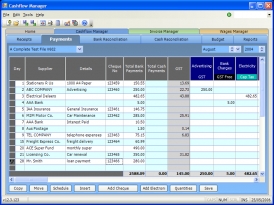 The program provides business templates that automatically establish columns for certain business types and it represents excellent value
for money. More importantly, it could slash your compliance costs. Reconciling your data to your bank account is also very simple and if you
use internet banking you can download your bank statements and import the data into Cashflow Manager to save even more time. You can have
multiple bank accounts in a single business file and the comprehensive reports explain your business results and make preparation of your
BAS very easy. The program includes the debtors function so you can generate tax invoices, track your debtors and produce regular customer
statements. If you have staff you can add ‘Wages Manager’ to process pays, print payslips, Annual PAYG Payment Summaries and
track staff entitlements.
The program provides business templates that automatically establish columns for certain business types and it represents excellent value
for money. More importantly, it could slash your compliance costs. Reconciling your data to your bank account is also very simple and if you
use internet banking you can download your bank statements and import the data into Cashflow Manager to save even more time. You can have
multiple bank accounts in a single business file and the comprehensive reports explain your business results and make preparation of your
BAS very easy. The program includes the debtors function so you can generate tax invoices, track your debtors and produce regular customer
statements. If you have staff you can add ‘Wages Manager’ to process pays, print payslips, Annual PAYG Payment Summaries and
track staff entitlements.
There is no need to undergo lengthy or expensive software training courses and our staff can teach you the basics is less than 30 minutes.

Business Plan & Cash Flow Budget
While the main reason most people prepare a business plan is to raise finance, your business plan should also prove the viability of your business venture. Included in the business plan is a cash flow budget and a positive cash flow is an absolute necessity if your business is to succeed. Positive cash flow just doesn’t happen, it needs to be planned. That’s why we strongly recommend the preparation of a 12 month cash flow budget before you start the business. In fact, any business that fails to accurately forecast its cash flow in the first 12 months is on a collision course because without realistic cash flow projections, management is unable to identify future cash shortages.
The cash flow budget is based on a number of assumptions regarding the expected future performance of the business. The assumptions must be
realistic and supported by research, available data plus known facts such as rentals or forward contracts. The information in your cash flow
budget is designed to:

forecast your likely cash position at the end of each month - identify any fluctuations that may lead to potential cash shortages
- plan for your taxation payments
- plan for any major capital expenditure, and
- provide prospective lenders with key financial information
Of course, positive cash flow alone is not enough. The business must be returning a profit and the long term trend for both must be positive.
Employing Staff
Under common law principles, You and your employees have certain obligations to each other. You also have obligations under Federal and State Territory laws, industrial awards and agreements, tribunal decisions and employment contracts.
If you have employees you must register for PAYG Withholding and withhold amounts including:
· Income Tax for employees (including working Directors of a Company)
· Withhold 46.5% from payments to suppliers who cannot quote an ABN
Before you withhold any payments, you need to register for PAYG Withholding. This can be completed at the same time as your your GST registration and means that you will have either quarterly or monthly reporting requirements. If you operate as a sole trader or partnership, the Tax Office do not regard you as your own employee and you ‘draw’ funds from the business to live on but this is not technically seen as ‘salary and wages’. As such, there is no need to register for PAYG Withholding and withhold amounts from your drawings unless the above examples apply.
Superannuation for Employees
The Superannuation Guarantee Scheme, administered by the Taxation Office, requires all employers to provide a prescribed minimum level of superannuation support for each employee (and some contractors), subject to limited exemptions including :
- You paid a salary or wage of less than $450 in a month, or
- The employee is Under 18 years of age and worked less than 30 hours a week, or
- The employee is Aged 70 years or over
Employers must make the superannuation contributions on at least a quarterly basis. Payments must be made within 28 days of the end of each quarter.
- 1 Jul – 30 Sep due by 28 Oct
- 1 Oct – 31 Dec due by 28 Jan
- 1 Jan – 31 Mar due by 28 Apr
- 1 Apr – 30 June due by 28 Jul
If you fail to pay the minimum level of support (9.25% for the year ended 30th June 2014) by the prescribed deadline you are liable for the Superannuation Guarantee Charge which is equivalent to the amount of the shortfall plus an interest component and an administrative charge.
Insuring Your Business
 Insuring your business premises and your assets is a critical part of establishing a business. For new business owners insurance can seem
like a costly addition to an already long list of expenses, however, if your business is uninsured you may never financially recover from a
natural disaster, burglary, act of vandalism, fire or storm.
Insuring your business premises and your assets is a critical part of establishing a business. For new business owners insurance can seem
like a costly addition to an already long list of expenses, however, if your business is uninsured you may never financially recover from a
natural disaster, burglary, act of vandalism, fire or storm.
Asset protection includes addressing your specific business insurance needs and making sure you are covered for the unexpected. The size and
nature of your business will generally determine the type of insurance coverage you need and it is important not to let your coverage fall
behind as your business grows or diversifies. A periodic review of your insurance policies is recommended for this purpose and some or all
of these additional insurances could be required depending on your circumstances:
· Public liability to cover customers, clients and visitors
· Cover for contents, equipment, stock, furnishings and fixtures
· Professional indemnity insurance if your business is in a service industry
· Product insurance if your business is in a manufacturing industry
· Motor vehicle insurance if your vehicle is used for business purposes
· Personal injury and/or income protection, particularly if WorkCover is not applicable to your business
Employees may be entitled to a limited amount of sick pay from their employer but worker’s compensation only covers you for work related injuries, a small percentage of the causes of disability. On the other hand, an income protection policy will pay you up to 75% of your income (salary plus super and any other benefits) allowing you to maintain your lifestyle and keep paying your mortgage and other debts.
Legal Issues & Contracts
There are a number of key areas where a solicitor can assist you such as contracts and agreements, negotiating your commercial or retail
lease, insurance claims and representing your interests in dispute resolutions with authorities or other businesses. If you require a
solicitor please contact our office for a referral.
A contract is a binding legal agreement, which is created when there has been an offer, an acceptance of the offer, consideration (usually
the price of goods or services supplied) and an intention by the parties to enter into a legal relationship. There are many types of
contracts that will affect your business. Not only will you contract with your customers but you will potentially also enter into agreements
concerning contracts:
-
for the purchase of a business

- for the lease of your business premises
- for the supply of financial services such as an overdraft facility
- with suppliers and customers including the terms of trade
- of employment with your employees
- for the supply of telephone, internet and utility services
With customers, it is important to establish a system that records your terms of trade so that you avoid disputes later on. It can help with the collection of bad debts and the system could be as simple as providing a quote that the customer accepts by signing. Commonly the terms of agreement are often specified on the back of quotations. Remember, if a contract has not been signed it does not necessarily mean that there is not a legal contract. A binding legal agreement may have been established by other means, such as the conduct of the parties and what was said between them.
Over the years we have mentored many clients through the start up phase of their business lives. Experience tells us that successful businesses have clear objectives, produce quality products or services, understand their market, manage their money properly and are good employers. They also keep quality records and have a close relationship with their accountant. When establishing your business it’s vital that you seek professional advice from qualified accounting and legal sources.
As a business start up specialist we have developed a number of practical tools and checklists designed to help you fast track your business success. If you want to get your business off to a flying start contact us today.











